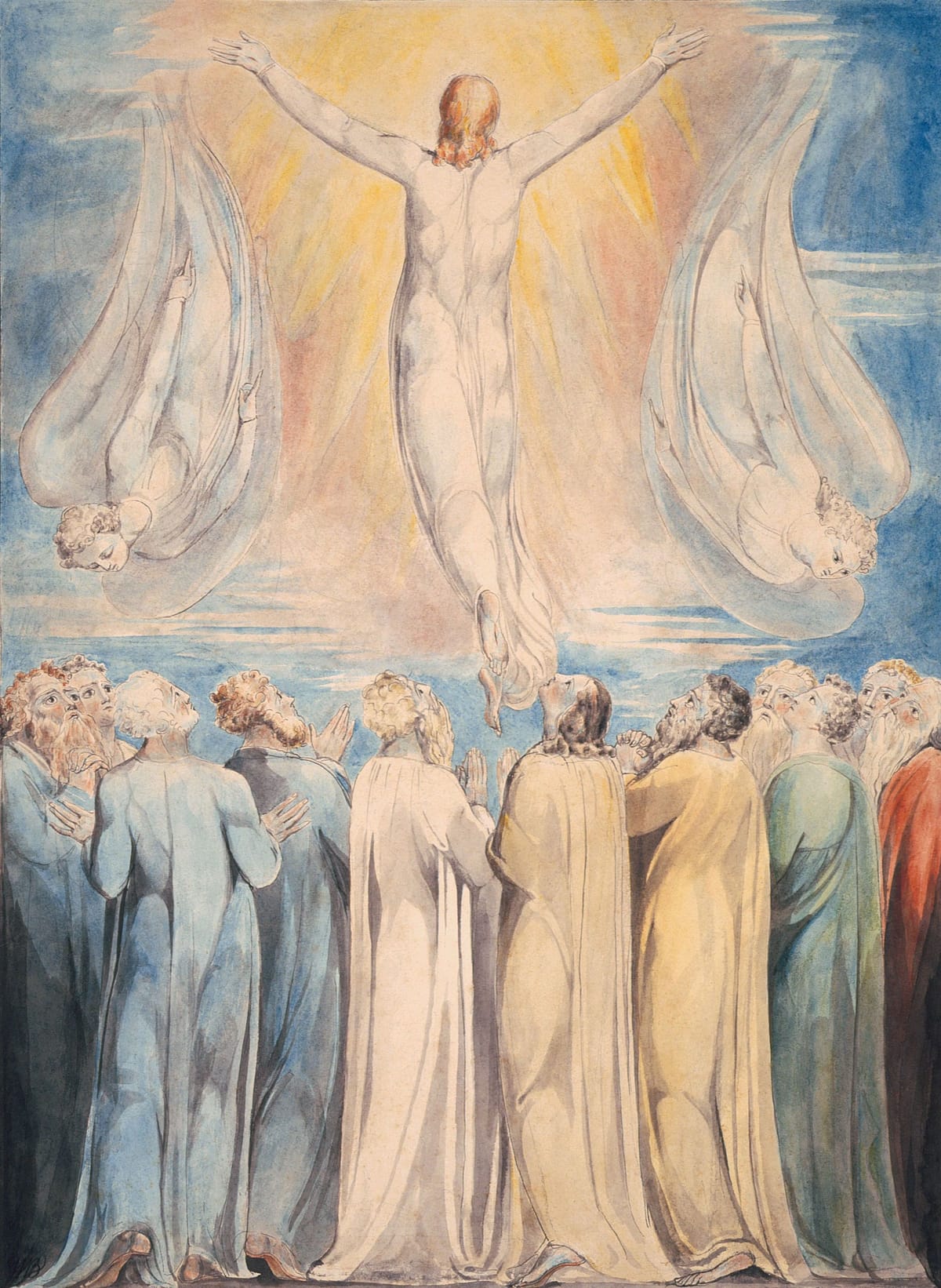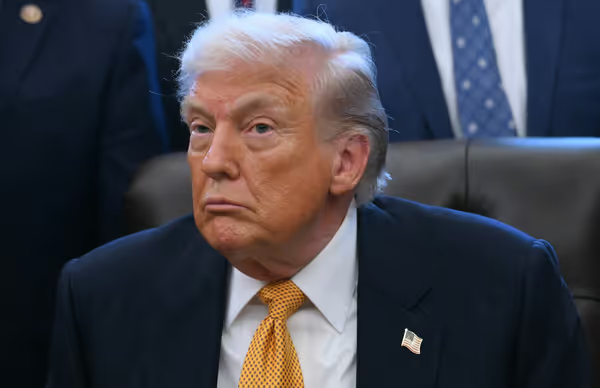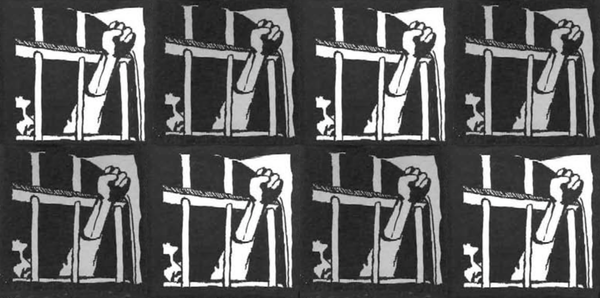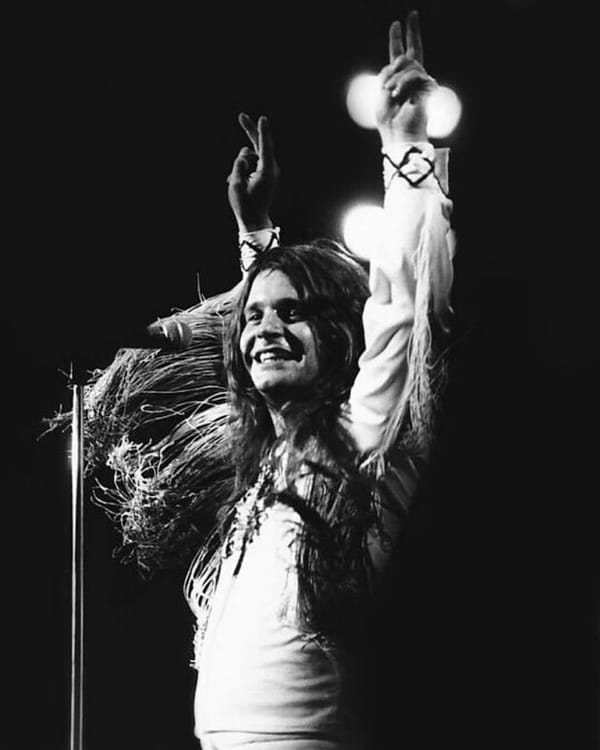Here and Now

So if we say there is no afterlife, what then?
I would venture to guess that most people hope, if not believe, that some heaven awaits us after we die. We live in a modern world, but even modernists struggle with the concept that this life is all there is, and prefer to imagine a hereafter. Will we not be reunited with our lost loved ones? Do we not have a soul, something irreducible within each of us, something eternal?
Plato believed that the soul preexists the body, that trapped in every human is something imperishable which will separate from the body at death. His thinking informs much of Western thought. Even those who have long since abandoned faith in any religion may still maintain a belief in the soul, and in a spiritual destination for the soul after death.
But others refuse to so divide body and soul. Ta-Nihisi Coates wrote, “I believed, and still do, that our bodies are our selves, that my soul is the voltage conducted through neurons and nerves, and that my spirit is my flesh.”[1] For Coates and others, the soul is inseparable from the body. The body constitutes the only site of the soul. When the body dies, the soul dies with it.
This is not the theology, however, that we generally get in church. Jesus said, “Do not fear those who kill the body but cannot kill the soul. Rather fear the one who can destroy both soul and body in hell.” We must ask how this belief functions. American enslavers taught this very theology to the people they enslaved, urging them to focus on being obedient Christians so they will go to heaven when they die. Give their soul to God, leave their body to the enslaver. It is for this reason that Malcolm X called Christianity the slave master’s religion. He said, “If you don’t do it now, you’ll never see heaven.”[2]
How does that belief function? Would it not require us to take seriously our conditions in this life, and pursue our wellbeing here and now? I say, resist the one who kills the body, for where goes the body, there goes the soul.
Let us not be submissive. Let us not ask how we can most adapt ourselves to the way things are. Let us not console ourselves with assurances that what we don’t accomplish here we will see in heaven. Let us rather challenge ourselves. How much heaven can we create right now?
Pray not for serenity. Rather, pray to resist. Pray, “Let the one who kills the body fear me. Let him have such an enemy in me that his reign might come to an end.”
The reality is, some people already have their heaven, while for most people life is hell. Jesus understood that, which is why he said blessed are the poor and woe to those who are rich. It’s why he said the first shall be last and the last shall be first. He prayed “on earth as it is in heaven,” not “in heaven as we wish it were on earth.” Even the resurrection of Jesus did not result in a disembodied soul, but in a transfigured body. The Gospel is supposed to be good news for the body, not escape for the soul.
But what about those we have lost? Let them be at peace. How can heaven be a peaceful place if all our ancestors are there fretting over us miserable souls? Immortality! What—and no rest? Preach me some real good news. Promise me real, honest-to-goodness death. No neurons firing. No thoughts. No self. Just recyclable matter.
What happens when we die? We go back into the earth. We join with the soil. All our water leaves us, evaporates into the air, comes back as rain, flows with rivers and oceans. We give everything to future generations. Some day the sun explodes and swallows up the earth. Some day dark matter swallows up the whole universe. All returns to nothing. Then maybe it all starts up again and we live the same thing over. Or a new universe is born and ever-new beings come to exist. Who knows. It’s a big world. And we are infinitesimally tiny—“but dust,” as the saying goes.
Not happy? You should ask yourself why. I suggest the answer has something to do with the conditions you face in this life. Hegel said, “Seek first for food and clothing, then the kingdom of heaven shall be added unto you.”[3] Amen.
How much heaven can we create right now? We won’t know if we don’t see.
Jack Holloway
Footnotes:
[1] Ta-Nehisi Coates, Between the World and Me, quoted in Cole Arthur Riley, Black Liturgies: Prayers, Poems, and Meditations for Staying Human (New York: Convergent, 2024), 56.
[2] Malcolm X, speech at Nation of Islam Temple No. 15, quoted in Les Payne and Tamara Payne, The Dead Are Arising: The Life of Malcolm X (New York: Norton: 2020), 314.
[3] G. W. F. Hegel, quoted in Walter Benjamin, Illuminations, ed. Hannah Arendt, trans. Harry Zohn (New York: Shocken, 2007), 254.



